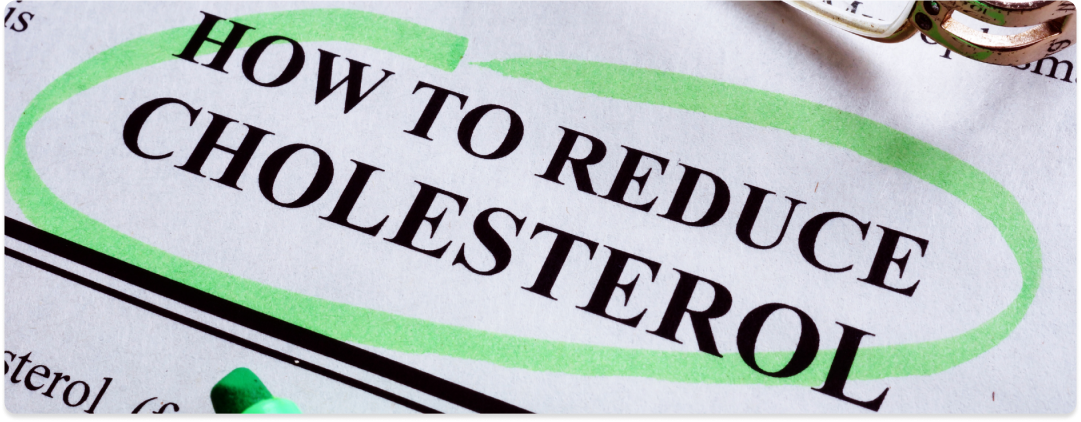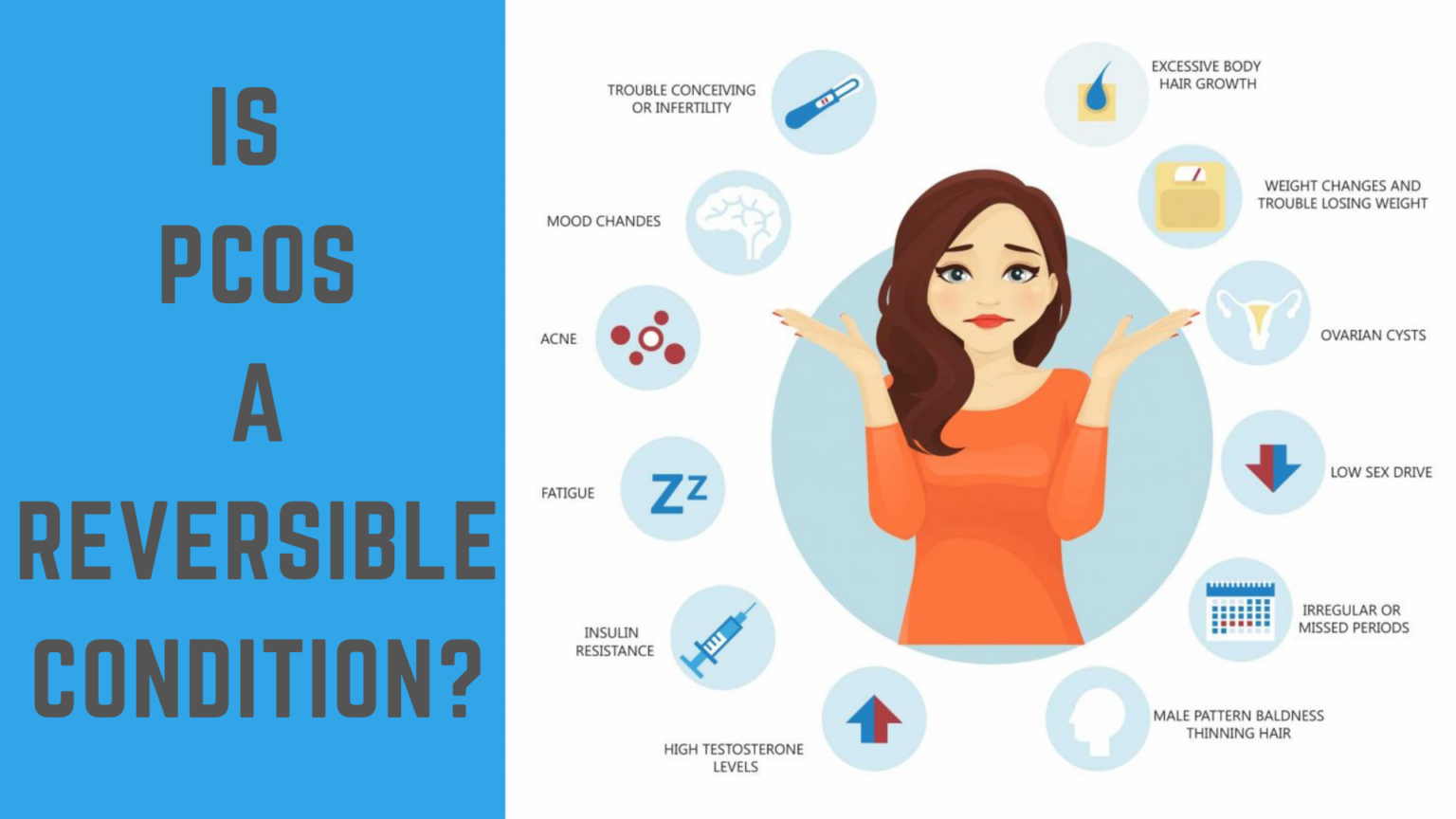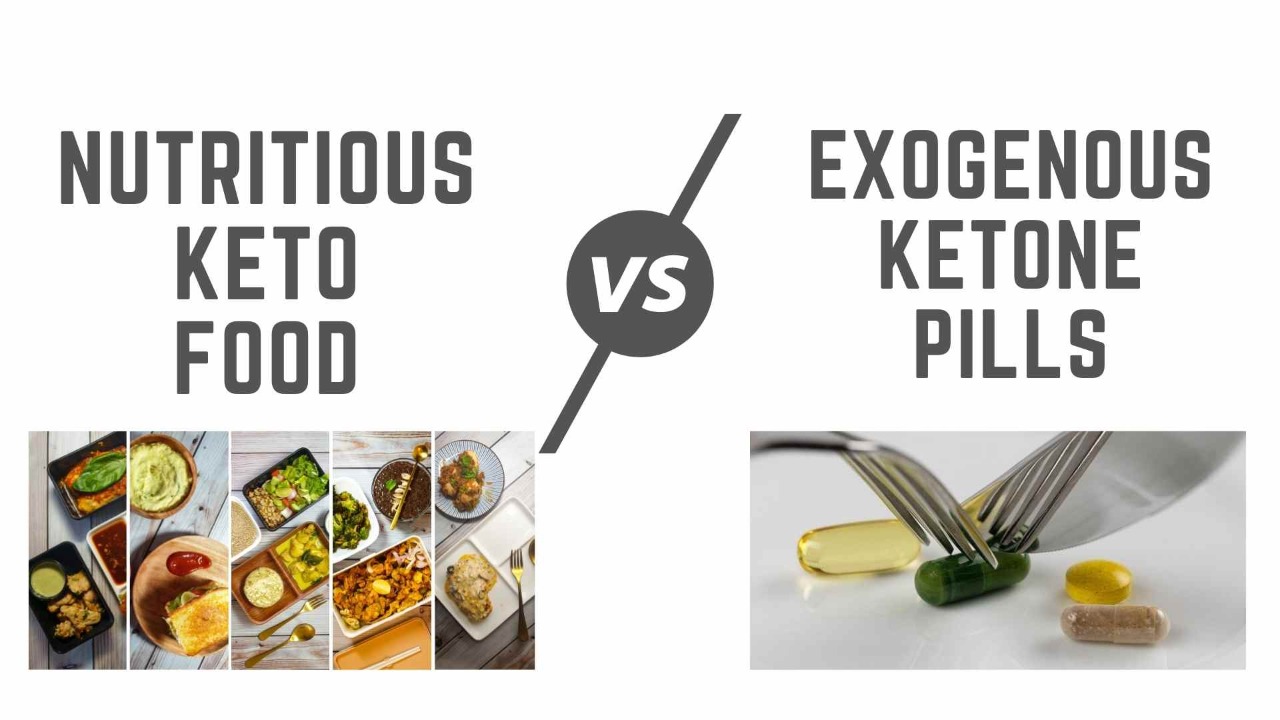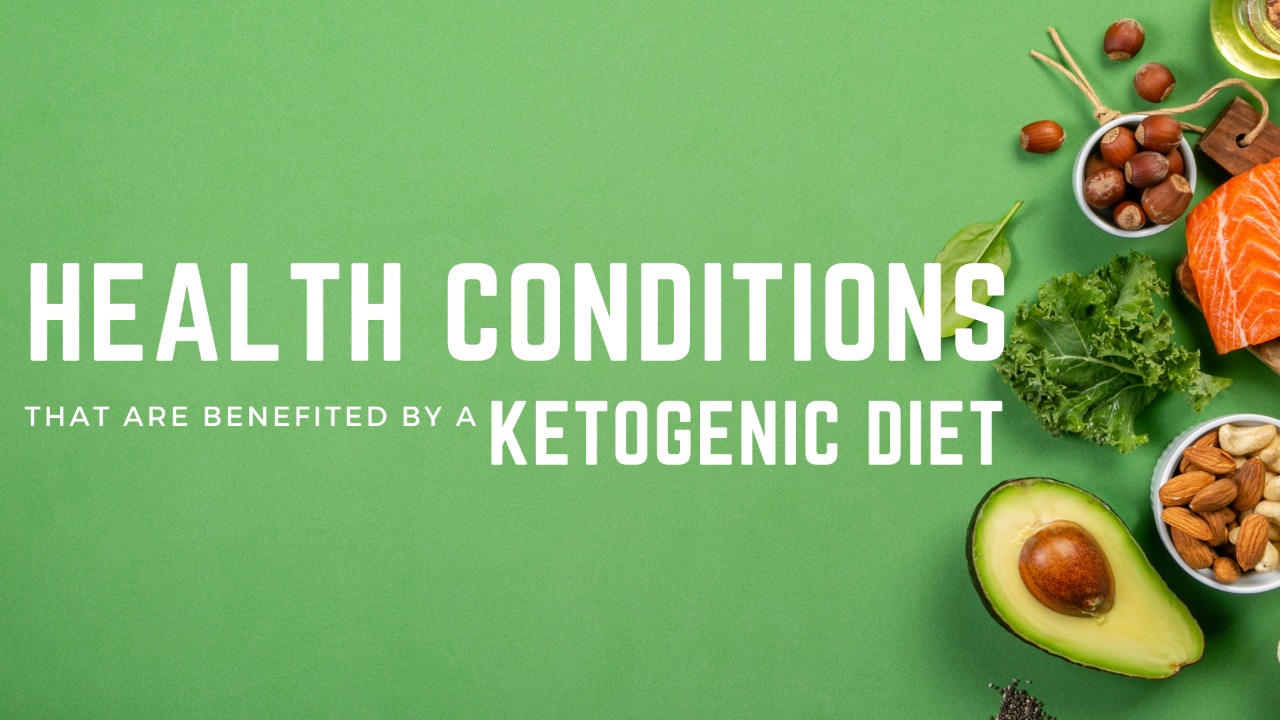
A Look at How the Keto Diet Affects Cholesterol
Posted on 23 December 2022
The ketogenic diet might raise some questions in your mind – especially if you have high cholesterol. Does eating lots of cheese and avocado help you lose weight? And will it put your heart at risk? Because keto diets are high in fat, many people believe that they increase cholesterol levels. The worry is certainly valid.
Consuming mostly healthy, unsaturated fats instead of mainly saturated fats can make the keto diet a safe and healthy diet. As you restrict your carb intake to 20–50 grams per day, your body switches from using glucose (a type of sugar) as its main source of energy to ketone bodies, a metabolite formed from fat breakdown.
The type of fat consumed has an effect on cholesterol levels with keto, with unsaturated fats being preferred. Genetics may also influence how the ketogenic diet affects cholesterol levels. Those on a keto diet may see their HDL cholesterol levels rise. Others may see both HDL and LDL cholesterol levels rise simultaneously. The rise in cholesterol on this diet is temporary and subsides with time.
As well as cholesterol levels, the Ketogenic Diet can affect heart health and metabolic health in the following ways:
Increases LDL molecule measure (builds large particle LDL), which leads to less risk for oxidative stress.
Improves the LDL to HDL proportion. In other words, it increases HDL cholesterol, which adjusts the impacts of LDL.
Lowers triglycerides, which is defensive considering high focuses on the blood show a raised danger of stroke and heart issues.
Improves triglyceride to HDL proportion
Reduces insulin resistance levels, particularly when compared with high-carb diets.
Help reduce chronic inflammation
Helps avoid obesity by reducing hunger and diminishing not obligatory calorie intake
What happens to Triglycerides on keto?
A keto diet generally decreases triglycerides- since they are stored fat, this makes sense. When you’re on keto, your body uses fat for fuel, leaving fewer triglycerides to store in fat cells.
The reduction of triglyceride levels reduces the risk of chronic diseases including diabetes and cardiovascular disease. It is common for cholesterol levels to fluctuate both up and down during the first 2-3 months of losing substantial amounts of weight on keto. Your levels will be more accurate once weight loss stabilizes.
How to lower your LDL on a keto or low-carb diet:
- Avoid Bulletproof coffee- it refers to adding butter, coconut oil, or MCT oil to coffee. Don’t drink a lot of fat when you’re not hungry. Sometimes this alone can normalize high cholesterol levels.
- Eat only when hungry- consider adding Intermittent fasting as this may reduce cholesterol levels.
- Eat food high in unsaturated fats instead of saturated fats. Foods high in unsaturated fats include olive oil, fatty fish, and avocados. You may be able to lower LDL cholesterol by replacing saturated fat sources with these foods.
- Eat LDL-lowering keto-friendly foods
These low-carb plant foods may help lower cholesterol levels somewhat: like avocado, green vegetables, cocoa, dark chocolate, nuts and seeds. - Eat plenty of fibe- consider supplementing with 5 grams of psyllium husk twice a day to lower LDL. Lastly, just because a keto diet is low carb doesn’t mean it should be low fiber. Consider including fiber-rich foods such as nuts, seeds, berries, and low carb veggies, as a higher fiber intake may help lower your cholesterol levels
- Incorporate leaner protein sources such as fish, seafood, poultry, and eggs with extra virgin olive oil and avocado oil.
- A higher intake of vitamin K2 may help protect the heart by preventing calcium from getting deposited in the arteries. The best sources of vitamin K2 are liver, eggs, grass-fed dairy products, and chicken.
Here’s a reminder:
In addition, rapid weight loss mobilizes cholesterol that is stored in your adipose tissue (body fat), which will artificially raise serum LDL as long as the weight loss continues. In order to avoid being misled by this, the best time to check blood lipids is a few months after weight loss ceases.


